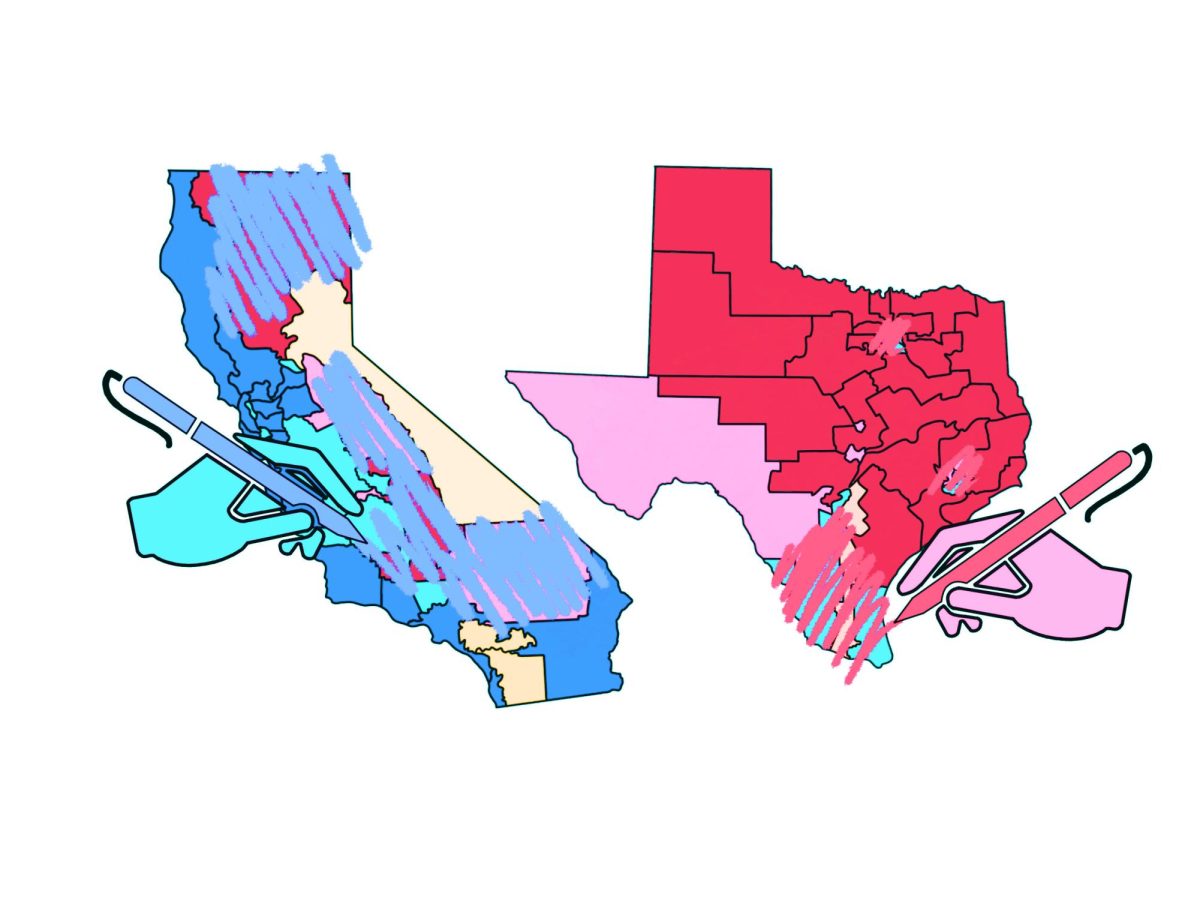His eyes watched intently, gaze fixed on the hands of the clock inching towards midnight. For years, he had heard that this moment was a rite of passage, a gateway to freedom, independence and leadership.
Yet, as the final seconds of his 17th year ticked away, Nate Wilson ‘24 felt nothing. There was no sudden shift or instant transformation in his daily life.
He was still the same person – except now with a new label: adult.
For those who haven’t reached adulthood, turning 18 is often seen as a defining moment – the instant someone gains new freedoms and legal responsibilities, notably voting, jury duty and paying taxes.
In reality, this often feels less dramatic. For Wilson, a freshman in college at the University of Virginia, adulthood has been defined by the responsibilities he has gained and his transition to college life.
“Turning 18 doesn’t really make you feel much, It’s just kind of another day,” Wilson said.
This feeling reflects a common misconception about adulthood — that it arrives suddenly. For Wilson, the transition was much more subtle.
“You’re not dropping into Vietnam as soon as you turn 18. It’s really more of a gradual thing,” Wilson said.
To Wilson, a turning point was tricky to pinpoint because his life remained largely unchanged, with little adjustments compounding over the course of his life.
“Day by day nothing changes, but then after a year you realize a ton has changed,” Wilson said.
Eventually, this gradual build-up culminated unexpectedly, with the turning point coming at graduation in 2024.
“All of a sudden it’s over, and you’re like, damn, there’s no recourse for this,” Wilson said. “I’m on my own now.”
This newfound sense of freedom came with its own challenges for Wilson, namely moving out.
“Living on your own is a very different experience. Not necessarily bad, but it takes some getting used to,” Wilson said.
Among these adjustments, everyday responsibilities have become unexpectedly demanding.
“Doing your own laundry, cleaning your own room, no one telling you when to clean your own room. It’s a radical shift,” Wilson said.
These seemingly minor responsibilities defined his transition to college, and, ultimately, adulthood.
“Even though all these paths are available to me, I’m now responsible for my outcomes,” Wilson said.
As those responsibilities expanded, developing essential skills for self-management became necessary without the structure of high school to maintain accountability.
“The biggest skill you could have is learning to manage your own time and knowing how to not procrastinate,” Wilson said.”It’s important that people use their free time effectively and in a meaningful way.”
Beyond the legal and practical aspects of adulthood, turning 18 also entails inheriting civic responsibilities that come with being part of a community. While not necessarily legal obligations, Malcolm K. and Minda Brachman Master Teaching Chair Martin Stegemoeller believes these duties are moral imperatives that adults must uphold to maintain a healthy society.
“Your (civic) responsibilities would be the minimal sense of what people owe each other that would be necessary to sustain a community going forward, Stegemoeller said.”
St. Mark’s mission is to prepare its students for life beyond academics. However, implementing civic responsibility and life skills into the curriculum is challenging.
“St Mark’s is in an interesting position, because in many ways, it wants to help exactly in these areas (preparing for adulthood), but we’re also bound by college admissions and there’s not really a course on this that’s an AP course,” Stegemoeller said. “In a perfect world, we could take a step back and go, ‘What would we really want our boys to know when they leave here and design a curriculum around that?’ But we inherit a curriculum that’s entrenched in the college admissions process, and it’s really hard to vary from that.”
Although turning 18 grants certain privileges, Stegemoeller believes that rights such as voting can only be impactful if individuals are well-informed. He emphasizes adults should not vote aimlessly simply because they can, but rather with purpose.
“There’s a lot we could do to just try to get each other to even be aware of what the issues are,” Stegemoeller said. “If you vote, but you don’t know how a city works, how is your vote going to help?”
Still, beyond the slow accumulation of legal obligations, practical skills and civic responsibilities, the concept of adulthood is a gradual evolution of identity, as individuals learn to live independently and take control of their future.
“At some point, I’ll have to reach the dictionary definition of being an adult, but until then, you’re always the same person navigating new responsibilities,” Wilson said.
This definition of an adult may seem archaic, and as social norms change, the traditional, defining characteristics associated with adulthood can be delayed or never realized.
“I feel kind of bizarre being called an adult at 19,” Wilson said. “My grandfather might’ve been smoking cigarettes and working blue-collar jobs by this age.”








